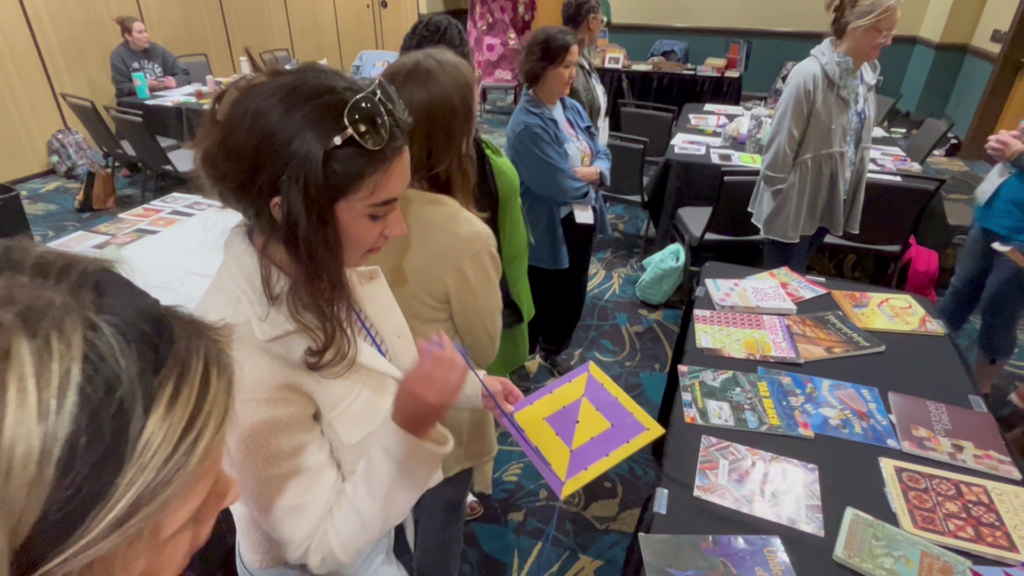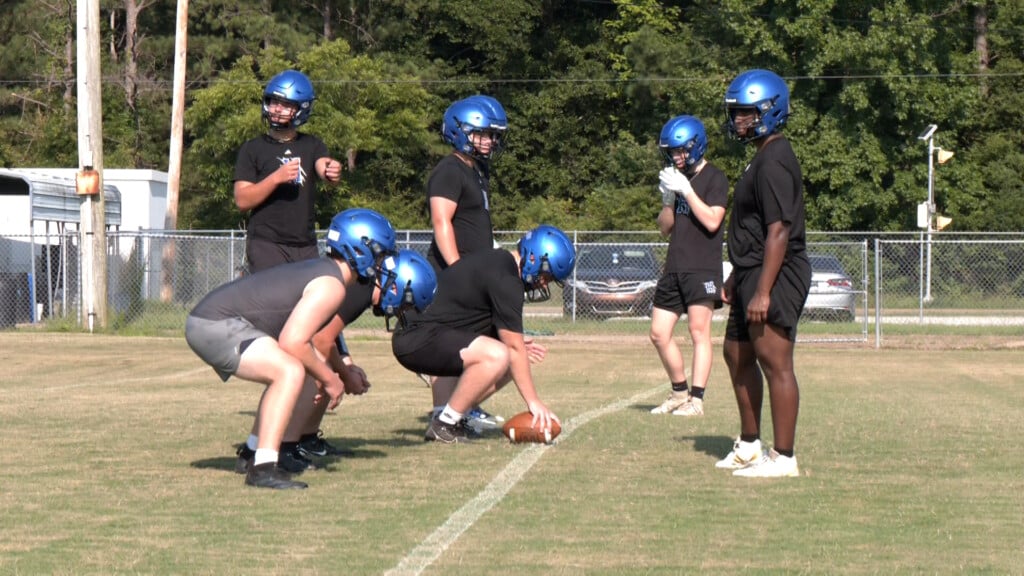D-Day historian: “Everything was at stake” in iconic operation
“Everything was at stake,” said Robert Citino, the senior historian at the National WWII Museum in New Orleans. “World War II had been raging now for five years, and it was time to bring it to an end. Every month it extended it was more death, more mass murder, starvation. The situation couldn’t have been more dire.”
Citino added that “it’s entirely possible” that the pivotal operation, which had been planned for years, could have gone awry.
“Any time you have anything this complex, air, land, sea, 150,000 troops, thousands of tanks and planes … I can think of a hundred different ways the D-Day invasion could have failed,” Citino told “CBS This Morning” co-host Anthony Mason. “A sudden storm could have wrecked the D-Day invasion, and they happen all the time here in the channel.”
Citino said the Allied forces only had one chance to make D-Day a success, due to the “size and scope and complexity” of the operation. “If it doesn’t work, it’s not like you have a second shot in the chamber,” he said.
He also said that he agreed “100%” with Winston Churchill’s claim that “this vast operation is undoubtedly the most complicated and difficult that has ever taken place.”
“I think it’s even true to the present day,” he said, adding that it’s “hard to imagine that we’ll ever see anything like it again.”
The operation was so complex, Citino said, that Allied forces even put together a phantom army group to trick the Germans — which included fake radio messages and inflatable tanks designed to look like the real thing from aerial reconnaissance views.
The Allies coordinated the sprawling operation on paper, he said: “yellow legal pads and sharpened pencils.”
Citino noted that D-Day veterans’ living memories of the iconic battle will soon be a thing of the past. “Once they’re gone, memory becomes history,” he said. “It’s no longer a living, breathing thing. It’s words on a piece of paper.”
© 2019 CBS Interactive Inc. All Rights Reserved.





Leave a Reply